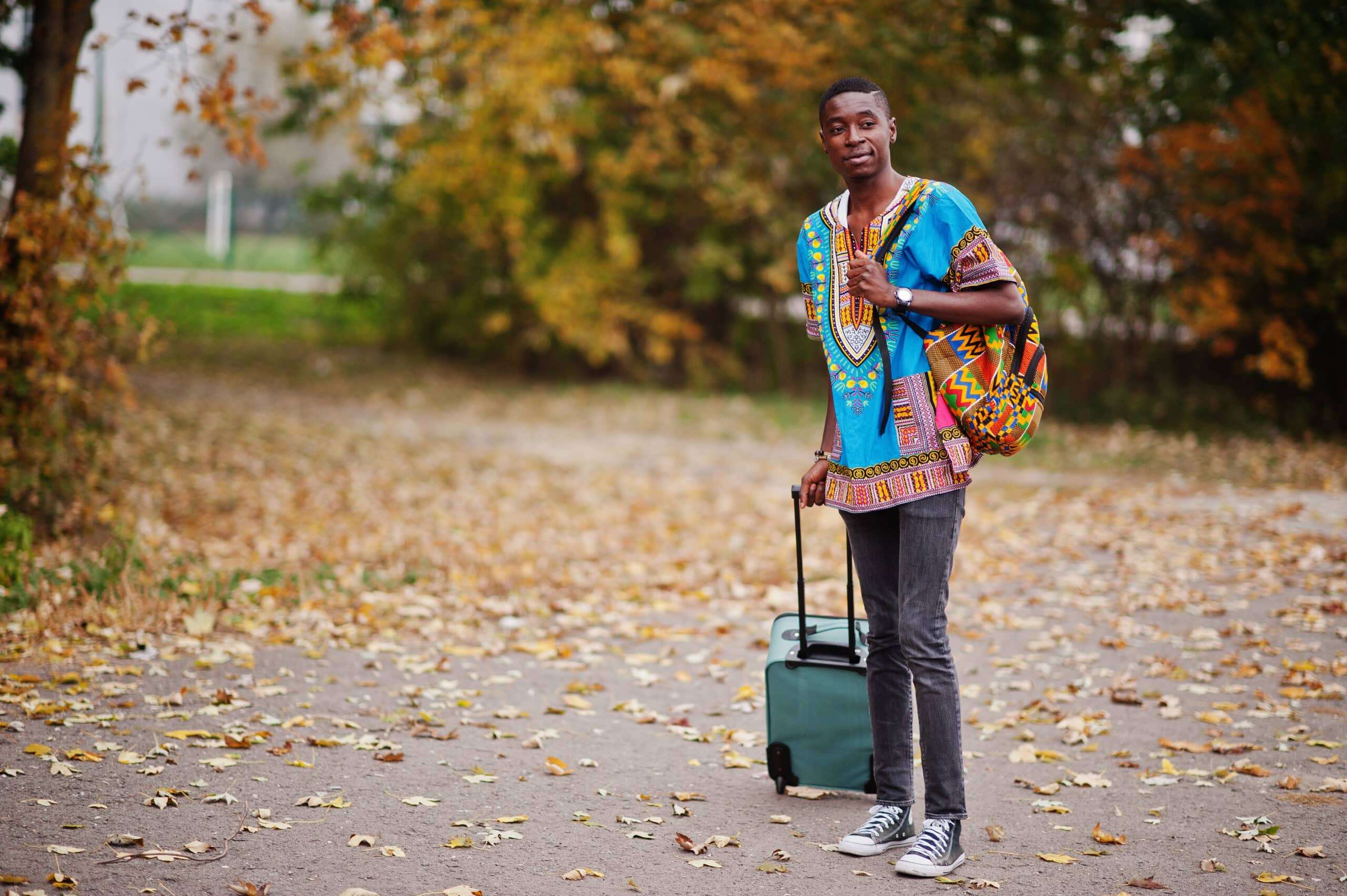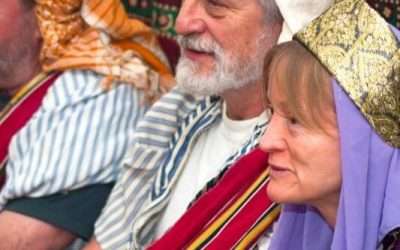Introduction
A remarkable journey unfolds in the bustling metropolis of Metro New York, where dreams are pursued relentlessly. This is the story of Ahmed, a recent refugee from Turkey, who embarked on a life-changing journey to the United States in search of safety, freedom, and a chance at a brighter future. Ahmed’s experiences illuminate the trials and triumphs countless refugees face as they navigate the complex path to resettlement in a new land.
The Escape from Turkey
Ahmed’s story begins in Turkey, a country rich in history and culture but marred by political unrest and turmoil. Born into a Kurdish family in the southeastern part of the country, Ahmed witnessed the ongoing conflict between the Turkish government and Kurdish separatists. Ahmed has grown up not being able to embrace his Kurdish identity fully. He has been marginalized, and vast attempts to assimilate Kurds into Turkish culture have left most beaten down and tired. Fearing for his life and the safety of his family, Ahmed made the agonizing decision to leave everything behind and seek asylum in the United States.
Leaving his homeland was a decision that weighed heavily on Ahmed’s heart. His parents, who had endured their own share of hardships during previous periods of unrest, understood the gravity of the situation and reluctantly supported Ahmed’s decision to seek safety abroad.
The escape plan was shrouded in secrecy, as word of their intentions could spell danger for Ahmed and his family. They knew that leaving would not be as simple as booking a flight and packing their bags. Instead, they embarked on a perilous journey through the treacherous mountains. It was a journey filled with uncertainty, danger, and the constant fear of encountering border patrols.
Their next leg of the journey involved a perilous boat ride across a choppy and unpredictable sea as they traveled toward Europe. The boat journey was filled with fear and anxiety. Overcrowded and operated by smugglers with little regard for the safety of their passengers, the boat faced the constant threat of capsizing. Ahmed and the others clung to each other, praying for safe passage as they navigated through treacherous waters, their destination a distant beacon of hope on the horizon.
Finally, after months of hardship and uncertainty, Ahmed and his fellow refugees reached the shores of Europe. Exhausted, hungry, and relieved, they were met by local authorities who provided them with initial assistance and referred them to international refugee agencies. Ahmed had successfully completed the first leg of his journey to safety.
For the next several months, Ahmed lived in overcrowded refugee camps. The camps struggle to provide basic necessities like clean water, adequate sanitation, and healthcare. The lack of proper infrastructure left Ahmed in limbo for several months. The uncertainty surrounding his asylum claim and the difficult living conditions took a toll on Ahmed’s mental and physical well-being. Yet, God brought Christians to minister to the refugees in Jesus’ name in the dire conditions of human suffering. Ahmed received a Bible from the Christian group. He had never seen a Bible in his language before but still saw it as a foreign book. He would always think Turks and Kurds are Muslims. We are not Christians.
Arrival in Metro New York
After months of waiting and processing, Ahmed was allowed to come to the United States. Ahmed had heard of the thriving Turkish and Kurdish communities around Metro New York. This information is what prompted him to want to be resettled in New York. Ahmed’s arrival in Metro New York was a mix of relief, excitement, and anxiety. He was welcomed by a local refugee organization that provided him with immediate assistance, including housing, food, and legal support. Despite the generosity of his hosts, Ahmed faced numerous challenges as he began to rebuild his life in a foreign land.
One of the most daunting tasks was learning the English language. Ahmed understood that fluency in English would be crucial for his integration into American society and finding employment. He enrolled in English classes at a local church, where he met fellow refugees from around the world, each with their unique stories of perseverance and resilience. Ahmed was impressed by the Christian’s care and sacrifice for his benefit. This created a curiosity in Ahmed. He couldn’t understand why the people he was taught that were evil were so kind. One day, he asked the ESL teacher. She replied, “we follow the teaching of Jesus. This is what Jesus wants us to do. He wants us to love you and tell you how much He loves you.”




